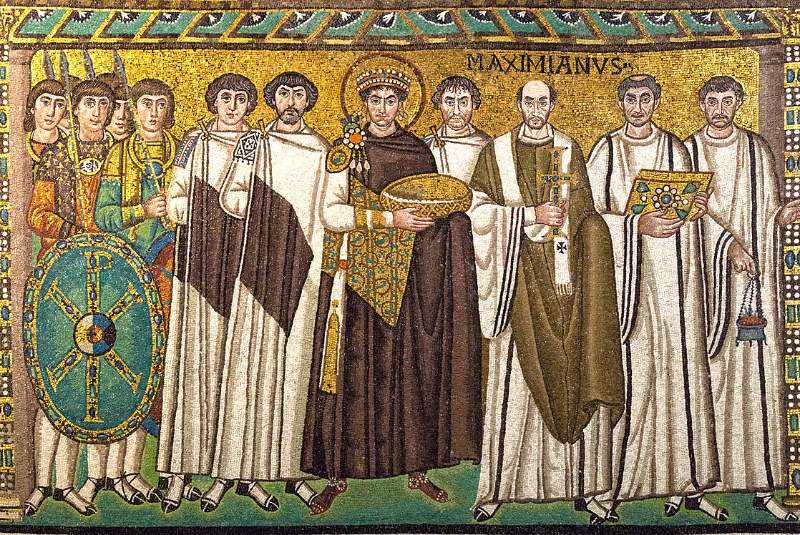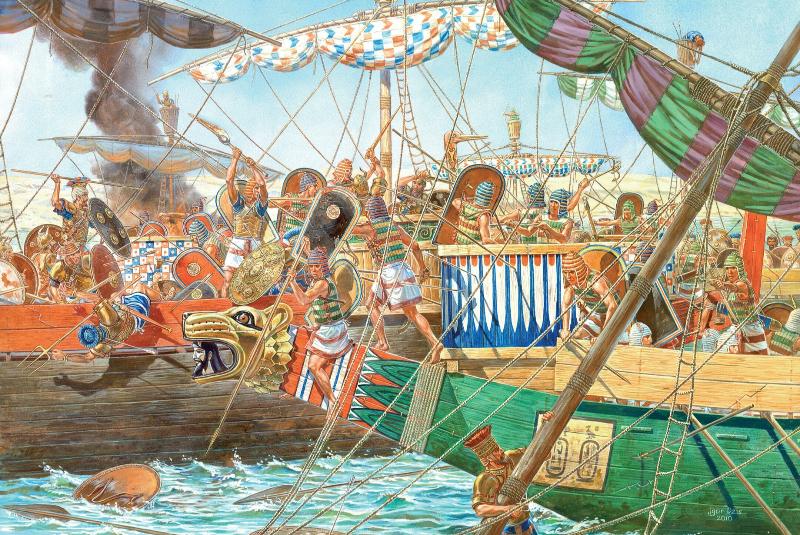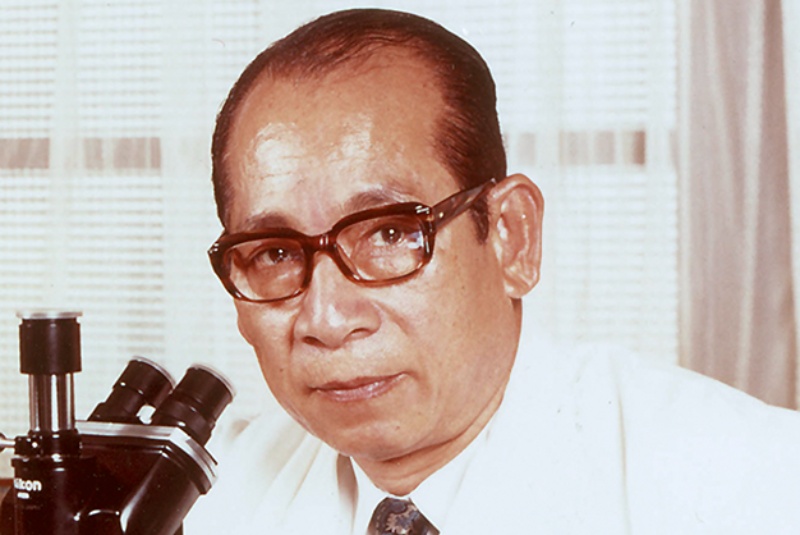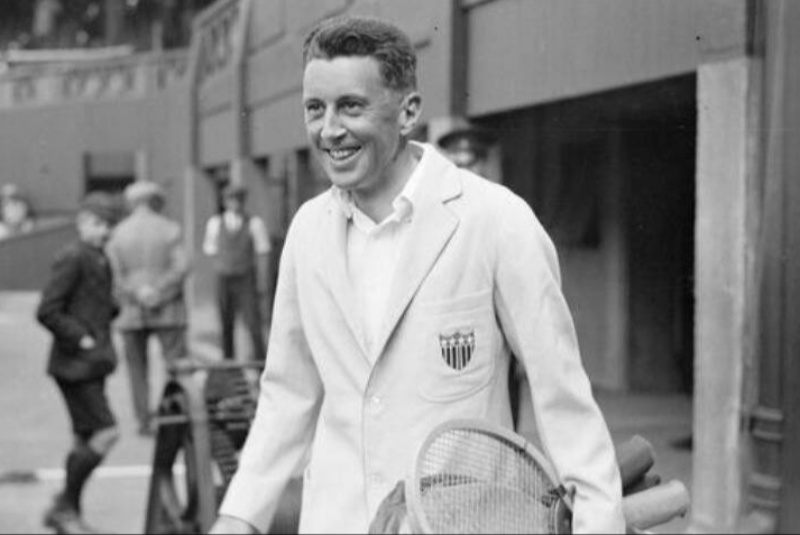In the rich tapestry of historical figures that have shaped our understanding of the world, few have left an imprint as profound as Avicenna, or Abu Ali Sina. This Persian polymath stood as a colossus at the crossroads of East and West, embodying the intellectual spirit of the Islamic Golden Age. Born in 980, in the twilight of the first millennium, Avicenna's life and work would become the beacon of progress during a time when the flames of knowledge were meticulously nurtured against the winds of prevailing ignorance.
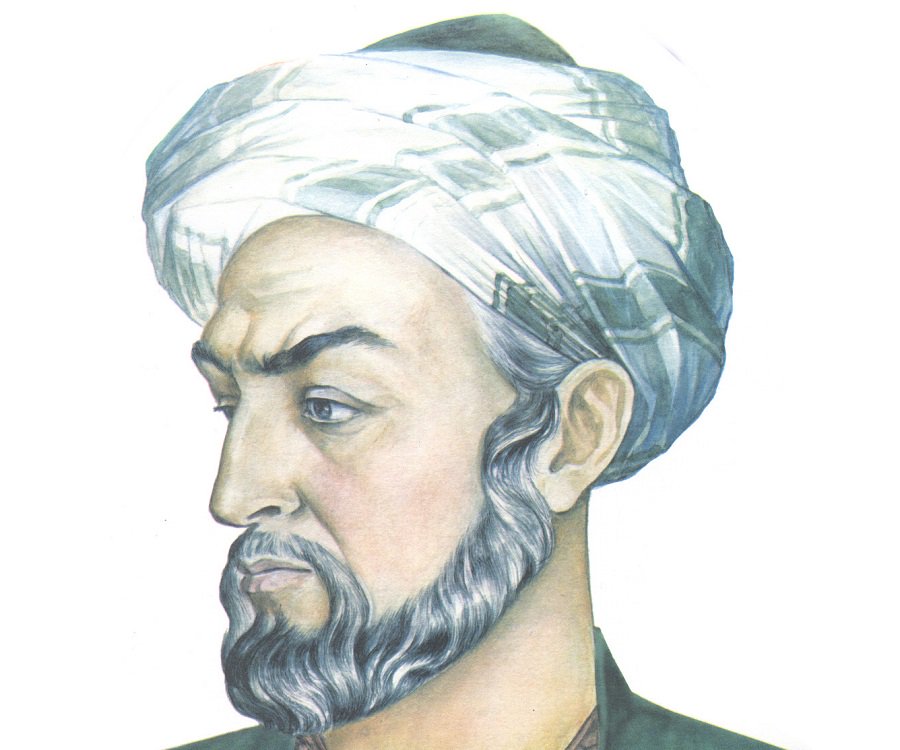
In order to appreciate the magnitude of Avicenna's contributions, it is essential to grasp the historical context of his era. The Islamic Golden Age, typically earmarked from the 8th to the 13th centuries, was an epoch marked by remarkable advancements in science, technology, philosophy, and the arts. It was an era that laid the groundwork for the Renaissance and the scientific revolution that would follow in the Western world.
Avicenna's early life was steeped in an environment rich with scholarly pursuit. At a young age, he demonstrated an extraordinary intellect, delving into the study of various sciences and philosophies. By the time of his passing in 1037, Avicenna had etched his name into the annals of history not just as a scientist but as a philosopher, astronomer, and a poet, whose works would illuminate the path for countless scholars and practitioners.
In an age where the demarcation between science and religion was often blurred, every thinker like Avicenna was tasked with navigating a delicate path. Their intellectual pursuits had to contend with the prevailing religious doctrines, a balancing act that remains relevant even in modern times. Despite these challenges, Avicenna's work did not shy away from pioneering ideas that could potentially court controversy.
Avicenna: The Father of Modern Medicine
Avicenna is often referred to as a father figure in the field of early modern medicine, and for good reason. One of his groundbreaking concepts was the idea of quarantine—separating the sick to prevent the spread of disease. This rudimentary yet revolutionary form of infection control exemplifies the practical application of his medical theories. Such insights not only saved countless lives during his time but also laid a foundational principle for public health that remains critical to this day.
His prolificacy as an author is nothing short of astonishing. With over 450 works to his name, and 40 of those dedicated solely to medicine, one can only marvel at the dedication and rigor that defined his scholarly life. Writing in an age devoid of the printing press, the sheer physical task of producing these texts was herculean.
Among his numerous works, "The Book of Healing" and "The Canon of Medicine" are the most celebrated. These tomes were not merely academic exercises but served as practical guides for medical practitioners for centuries. Their influence was so enduring that they were reprinted and used as standard medical textbooks, reaching as far as the medical schools of New York and being employed as teaching material until the late 1650s—a testament to their enduring relevance.
Avicenna's Enduring Impact
Avicenna's intellectual pursuits extended well beyond medicine. His works traversed the realms of philosophy, ethics, metaphysics, and science. He was a man whose thirst for knowledge knew no bounds, and his quest for understanding the natural world was as much a philosophical endeavor as it was a scientific one.
His influence in Iran, his birthplace, has not waned with the passage of centuries. He remains a towering figure, a national icon celebrated for his extraordinary contributions to Persian and Islamic culture. His name adorns universities, research institutions, and museums, serving as a perpetual reminder of his genius and the rich heritage of Islamic scholarship.
Yet, despite the magnitude of his contributions, Avicenna remains a relatively obscure figure in the wider world. His fame, while immense in certain academic circles, does not quite match the household recognition of figures like Aristotle or Newton. Nonetheless, the impact of his ideas, the breadth of his knowledge, and the depth of his insights have transcended geographical and cultural boundaries.
His works, particularly in medicine, have influenced the East and the West alike, bridging worlds through the universal language of science and intellect. Avicenna's vision of medicine—one that emphasizes observation and clinical practice, while also incorporating a holistic view of the patient—predated and perhaps paved the way for the modern evidence-based approach to healthcare.
In reflecting upon Avicenna's legacy, one is reminded of the profound capacity for human ingenuity and the quest for understanding that transcends time and place. Avicenna's life work serves as a beacon of knowledge, a reminder of the golden threads of our collective intellectual history. His story is not just one of historical significance but also of contemporary relevance, as the principles he espoused continue to inform and guide modern thought and practice.
Avicenna's legacy, therefore, is not encapsulated solely within the pages of his numerous manuscripts or the walls of institutions bearing his name. His true legacy is the enduring curiosity, rigorous analytical approach, and compassionate application of knowledge that he championed—an enduring testament to the power of the human spirit to seek, to learn, and to heal. In this regard, Avicenna does not belong to the past; he is a citizen of the eternal republic of the mind, a guiding star in the never-ending human quest for wisdom and well-being.

